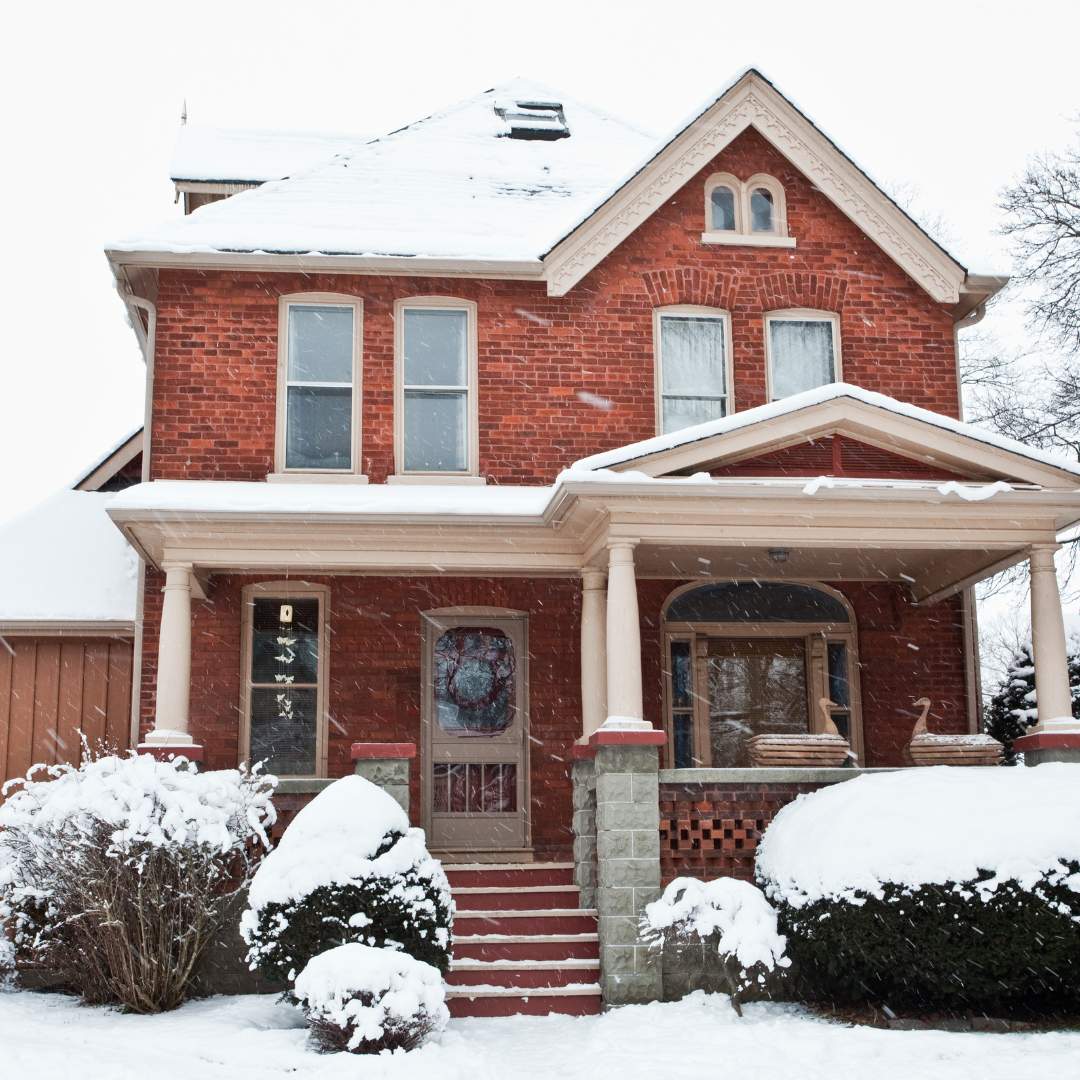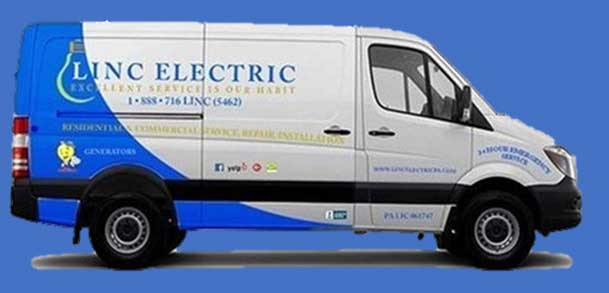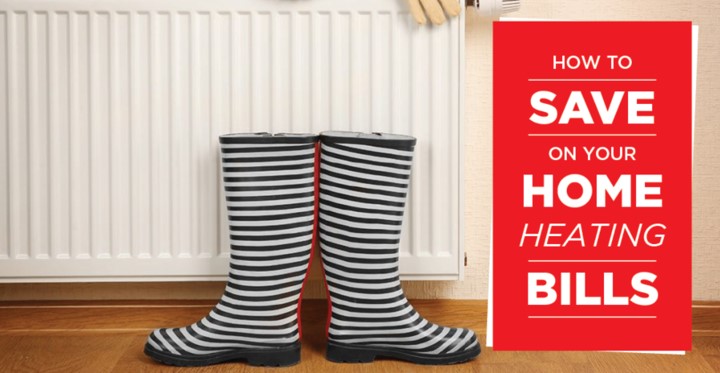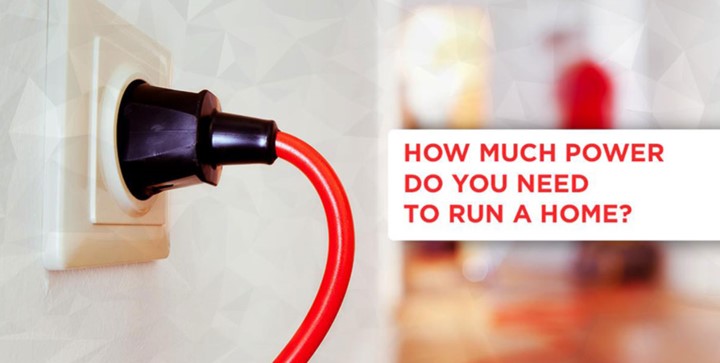HOW TO SAFEGUARD YOUR HOME AGAINST WINTER ELECTRICAL HAZARDS

Winter weather can wreak havoc on your home’s electrical system. Heavy snow, winds, or ice can damage power lines while freezing temperatures can cause thermal expansion in electrical wires, leading to short circuits and outages. Even though you avoid the wintry weather inside your home, you may want to pay extra attention to your electrical safety.
When the temperature outside starts dropping this winter, you increase your use of heaters and other appliances. This adds to your home’s electrical load considerably, making it a higher likelihood that your home will encounter potential electric hazards.
Fortunately, there are simple measures you can take to safeguard your home’s electrical system and keep your home safe in the winter months. Here are things you should know.
1. Hire a Professional to Conduct an Electrical Safety Inspection
Your home’s electrical system needs regular inspection to ensure it is in good working condition. A safety inspection can find problems before they become serious, helping prevent costly repairs down the road. Winter is a perfect time to have an electrical safety inspection conducted as cold weather puts extra strain on your electrical system.
Freezing weather makes your home’s wiring brittle and break quickly, leading to short circuits and fires. Our professional inspector will check for loose connections, frayed wires and look for any signs of damage or wear and tear. They will also ensure that your home’s electrical panel is up to code and all your smoke detectors are in good working order. They will show every adult in the home where the home’s circuit breaker is and how to use it.
If you live in Bucks County, Montgomery County, Delaware County, Philadelphia County, or Chester County, PA trust the technicians from Linc Electric to conduct extensive electrical safety inspections to prevent electrical hazards in your home, keeping you safe and warm this winter.
2. Monitor Usage of Your Electrical Outlets
Protect your home from winter electrical issues by not overloading outlets. The rule of thumb with electrical outlets is that you should only have one high-wattage appliance per outlet. If you have too many devices plugged into one outlet, it can lead to a tripped breaker or worse, cause an electrical fire.
Make sure to unplug any unused appliances, plug a single appliance into each outlet, and spread them out if possible. Additionally, take caution when using extension cords, which can quickly become overloaded. If you need to use an extension cord, ensure it is appropriately rated for the task and watch it closely for any signs of damage.
3. Electric Blankets
When temperatures drop during winter, homeowners increasingly use electric blankets to preheat their beds before sleep. It is best to exercise caution when using your electric blanket to avoid any electrical accidents in your home as they occasionally overheat and might cause a fire. For safe usage, abide by guidelines to prevent any accidents posed by the incorrect use of electric blankets.
- Limit use to 30 minutes at a time
- Turn off your electric blanket before bed
- Do not placing large, heavy objects atop your electric blanket – people, pets, or bedding
- Inspect the electric blanket’s wiring for frays and other damages
- Electric blankets that are 10+ years old should be replaced
4. Responsible Space Heater Usage
A space heater is a convenient way to supply extra heat in a particular room of your home, but they can be a fire risk if not used properly. Space heaters account for about 15 percent of all winter house fires in America each year.
- Something you’ll want to prevent is placing items too close to your heater, give the heater 3+ feet of clearance in every direction.
- Never plug a space heater into an extension cord as extension cords can overheat when a space heater is plugged into them.
- It’s a good idea to keep your heater out of harm’s way on a flat and level surface that doesn’t experience much foot traffic to prevent it from tipping over, avoiding collisions, and damages.
- Don’t put the space heater’s cord under a rug because the cord can overheat or can cause sparking if it becomes frayed.
- Do not leave the heater unattended, when you leave the room, unplug it when it’s not in use.
- Avoid sharing your space heater’s wall outlet with other appliances, to prevent tripping a breaker and overloading the circuit.
5. Shield Your Electrical System from Water Leaks
Winter is particularly hard on electrical systems as a single drop of water from snow and ice can ruin your electrical system, causing shorts, sparks, and even fires. That’s why shielding your system from water leaks is essential to avoid serious water and electrical damage to your home.
- Ensure that your exterior outlets meet weatherproofing guidelines.
- Inspect your gutters and downspouts to ensure they’re free of debris that could clog them and cause water to back into your home.
- Install a water sensor on your main electrical panel which will detect even the smallest leaks, allowing you to act before any severe damage.
6. Install Weatherproof Outdoor Electrical Outlets
Many homes have outdoor electrical outlets, which are highly convenient for powering holiday lights, running extension cords, or operating power tools. However, these outlets are often not weatherproofed, leading to electrical issues during winter. Water entering the outlet can cause a short circuit or can start a fire. In addition, snow and ice can build up around the outlet, preventing electricity from flowing correctly.
When you choose an electrical outlet for outdoor use, you must use ground fault circuit interrupter (GFC) circuit to ensure safety. You can identify a GFCI circuit by its ‘test’ and ‘reset’ buttons. And since the outdoor electrical circuit must also be weather resistant, you must check if the ‘WR’ is embossed on the GFCI circuit. It is recommended that professional electricians like Linc Electric professionally install your waterproof outdoor electrical outlets.
7. Install a Power Surge Suppressor
Power surges occur when a sudden increase in electricity flows through the power lines. This happens during winter storms when high winds knock tree branches into power lines. Surge suppressors are devices installed between your home’s electrical system and the main power supply. They absorb excess electricity and redirect it away from your home, protecting your appliances and electronics from damage. Surge suppressors also help prevent fires by reducing the risk of overloaded circuits.
Rely on the Experts at Link Electric
Following these tips, you can help safeguard your home from winter electrical hazards. If you need help addressing potential problems in your home’s electrical system, reach out to Linc Electric. Our experts will conduct an electrical safety inspection and fix any issues that may cause winter electrical disasters. Linc Electric specializes in all commercial and residential electrical installation, maintenance, and inspection in Bucks County, Montgomery County, Delaware County, Philadelphia County, or Chester County, PA and surrounding areas. Contact us today for all your electrical needs this winter!







